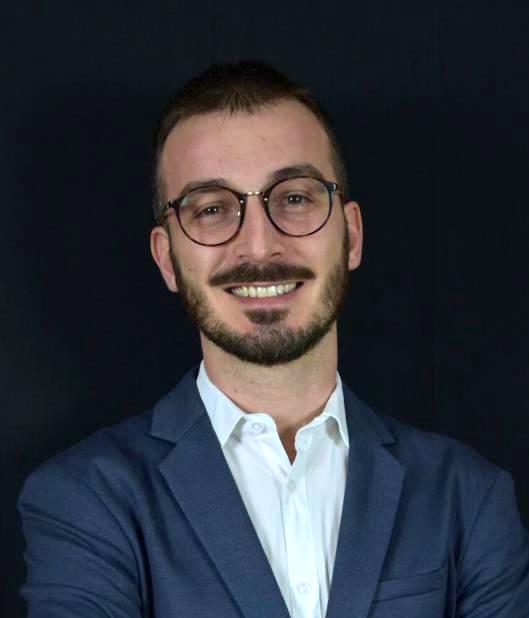Interview with Dr. Giacomo Aringhieri, Radiology Research Fellow, Academic Radiology, Department of Translational Research, University of Pisa
What is the experience of a young researcher in participating in a European project with great impact on healthcare like ProCAncer-I?
What are the main opportunities for a young researcher?
Participating in a research project at the European level like ProCAncer-I is surely a great opportunity for young researchers like me. It is intrinsic and of innovative value to be working for a recognized project by the EU as worthy of funding. Being part of such an innovative project, it is important because it allows you to collaborate with several experts in different fields with diverse background, from engineers to clinicians, merging their expertise to a common goal: a better care for prostate cancer patients. This leads to better understanding how your work can affect others work, and vice versa, and this lets you get a wider comprehension of the problem considering different points of view, not limited to the radiologic one. Moreover, the contact with patients’ organizations provides a deeper awareness about the patients’ needs, aside from the mere clinical aspects. Finally, from a practical view, working in the ProCAncer-I European multidisciplinary team of experts, as a young researcher gave me the chance to learn or improve skills and abilities such as project management, collaboration, and communication, which are transferable across different fields.
What difficulties did you encounter?
Personally, especially in the first period of the project, the main challenge was to understand the complicated formal aspects of such a big project. Along the way, with the kind support of all collaborators, the work has become increasingly better and smoother. To be honest, in the first period, it was not easy to balance local academic and clinical work with the global project workflow, probably due to my little experience in that kind of European projects. It took a considerable amount of time to optimize the effort of UNIPI group in order to be efficient as required. From a practical point of view, one of the main difficulties has been reconciling local and EU regulations; the main obstacle that was overpassed was about the different ethical and privacy regulation across the different countries participating in the project. Particularly, the Italian regulation is one of the most stringent in the EU, and we had to encounter several complicated steps to obtain the Ethical Committee approval. Actually, In my opinion, this step is one of the most controversial in every Italian participation in European projects.
How do you think participating in ProCAncer-I might impact your future professional career?
In the future, I think that many of things I have learned from participating in the project, will be of use in better managing the next research projects, both European and local ones. It will be fundamental to exploit all I have acquired during this project, such as responsibilities and deadlines shared with the collaborators: it is clear now how the work of a single work group, for example, affects all the other participants and how the global project management has a crucial role in the conceptual development and practical execution of the project. I also understood that coordinating projects can be very difficult, as there are many very heterogeneous teams each busy with a lot of bureaucratic work, and that can sometimes lead to paralysis. For this, I have to thank the project management team for the hard and great work done so far.
During this experience, I had the chance to work with high-quality researchers in a prestigious consortium. I think that my involvement in a European-level project like ProCAncer-I will improve both my academic position and my professional one. Additionally, the project has helped me to acquire a more international and European prospective for my personal research, thanks to the several contacts with experts from within and outside the EU. I believe international experience is very valuable and being able to learn from experts in the context of a European Project is truly invaluable.

